From all walks of life, they come. Daring to raise their voices, trying to make themselves heard amidst the clamor of louder voices, they persist. Fighting to be heard, they reach out to those who have the power to help, only to be dismissed, their battle diminished to a pleading phone call for help.
For every one of the of more than 650,000 lives lost to CoVid-19 in the US so far and more than 4.4 million worldwide, there are dozens who mourn each life lost. Do the math and we see that we are a nation and a planet who mourn. Hundreds of millions mourn the lives snatched by this horrific crisis and fear their loved ones will only be remembered as a statistic in this pandemic war.
Some see the tragedy that their loss will be forgotten and so, here in the US, they call their members of Congress and pitch their desire to create a day each year to remember the victims of this pandemic. So far, their voices have gone mostly unheard and unheeded. But they have not given up.
Sometimes in our grieving we are afraid that our loved ones will be forgotten. As time marches on, the memory of those who suffered and died during this health crisis will fade into oblivion, remembered only in history as one of the multitudes of pandemic deaths.
Sometimes we hold onto our grief because we feel it is the only thing we have left. If we are not actively grieving and feeling the pain of our loss every day, then we may believe we’re not honoring our dead. If we let go of that pain, we believe we will forget our loved ones.
Yet, when we do the hard work of grief by acknowledging our pain, we can get to a place where the pain isn’t so raw. We can let go of the intensity of the suffering and believe that we will not forget. We will forever hold our loved ones in our hearts and they go with us wherever we go. Of course, we will remember. How can we truly forget them?
In His pain and suffering on the Cross, Jesus looks down at his weeping mother and feels her sense of grief and loss of losing her only Son. In that moment, His agony on the Cross is superseded only by the depth of human grief, reflected back to him from the visceral pain of watching a precious loved one die. In that moment, Christ, despite His physical pain, has compassion on His mother and entrusts her to the disciple He loves most. Perhaps together Mary and John would comfort each other in their loss, helping each other to remember their special times with Jesus.
The Cross becomes a symbol of their gut-wrenching grief. Yet the empty tomb becomes a source of their heart-filled joy.
If you’ve lost a loved one to CoVid-19 (or to any other cause), what can you do to memorialize their lives? Could sharing good memories with others who mourn their passing be a helpful way to remember them? Could creating a new tradition or ritual that you repeat each year on the anniversary of their death or on their birthday be helpful? Could taking up a cause or project in their honor allow their legacy to continue?
Learning how to live in our grief while doing our best to move forward requires strength as well as self-compassion. We may not get it right each time, but we know that our loved one would want us to move forward with our lives while holding them in our hearts and memories.
Walking with our crucified and risen Lord on the path of grief as we move toward healing strengthens us and gives us hope. In the depths of our despair, we trade our pain for a deeper knowledge and understanding of the good and merciful, all-compassionate God who loves us. The One who understands our suffering walks with us, even carries us at times. We are not alone.
Lord Jesus, I am amazed at Your love, that in the middle of intense pain, You showed compassion on one who grieved Your death the most. In Your pain on the Cross, You offered heart-felt compassion and mercy, as well as very practical help. In my own pain, may I grasp Your ever-present help in my time of need as I glimpse Your ever-transcendent presence in my walk of grief. May I never forget Your mercies are new every morning as I always remember my loved ones and hold them in my heart. Amen.
NOTE: If you’ve lost a loved one recently or know someone who has, my latest book From Grief to Grace: A 40-Day Devotional on Healing from Loss may help you or those you care about find peace and hope in the midst of grief. Illustrated with floral photos from my travels, the book is available in 3 formats:
Softcover with black & white interior photos - https://www.amazon.com/dp/B08DBZDCSY
Kindle version (in color or B&W depending on device - https://www.amazon.com/dp/B08DHR2KCY.
Click here for more information: https://www.dawndailey.org/books-and-articles-by-dawn-dailey.html.
Text and photograph copyright © 2021 by Dawn Dailey. All rights reserved. Photo of a tulip from Keukenhof, The Netherlands.
Not a subscriber to the monthly blog posts? Click here to subscribe.
A NOTE ON RACIAL JUSTICE: Becoming antiracist is a journey. Together, we can make a difference. Will you join me? Check out my web page on “Justice Matters” to find resources and to connect with organizations engaging in the cause of racial justice. Click here to learn more.
All scripture quotations, unless otherwise indicated, are taken from the Holy Bible, New International Version®, NIV®. Copyright ©1973, 1978, 1984, 2011 by Biblica, Inc.™ Used by permission of Zondervan. All rights reserved worldwide. www.zondervan.com The “NIV” and “New International Version” are trademarks registered in the United States Patent and Trademark Office by Biblica, Inc.™

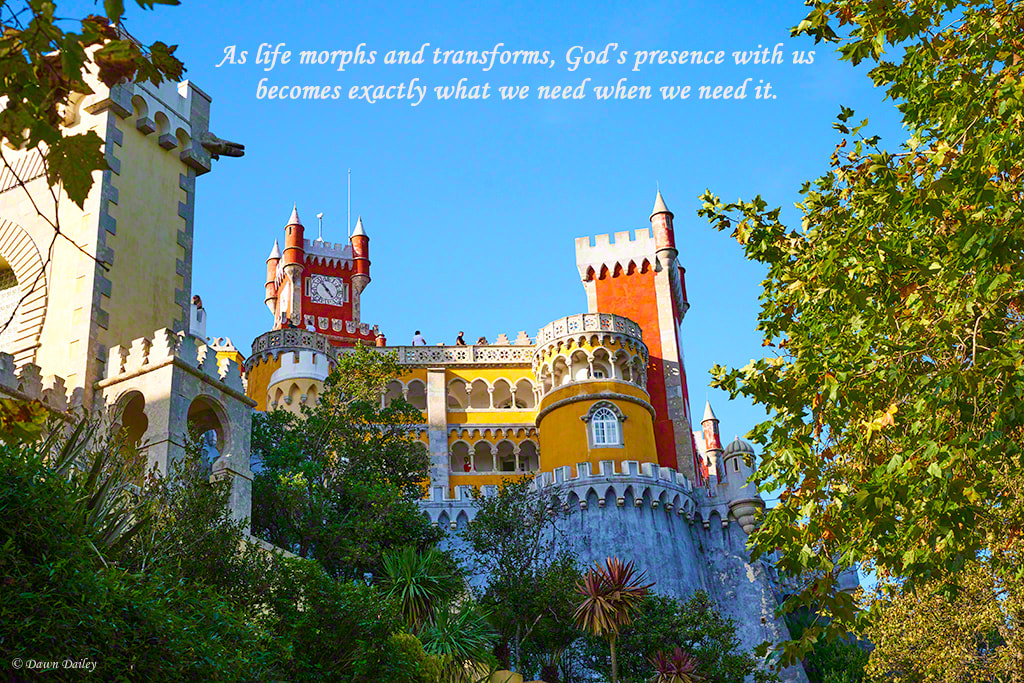
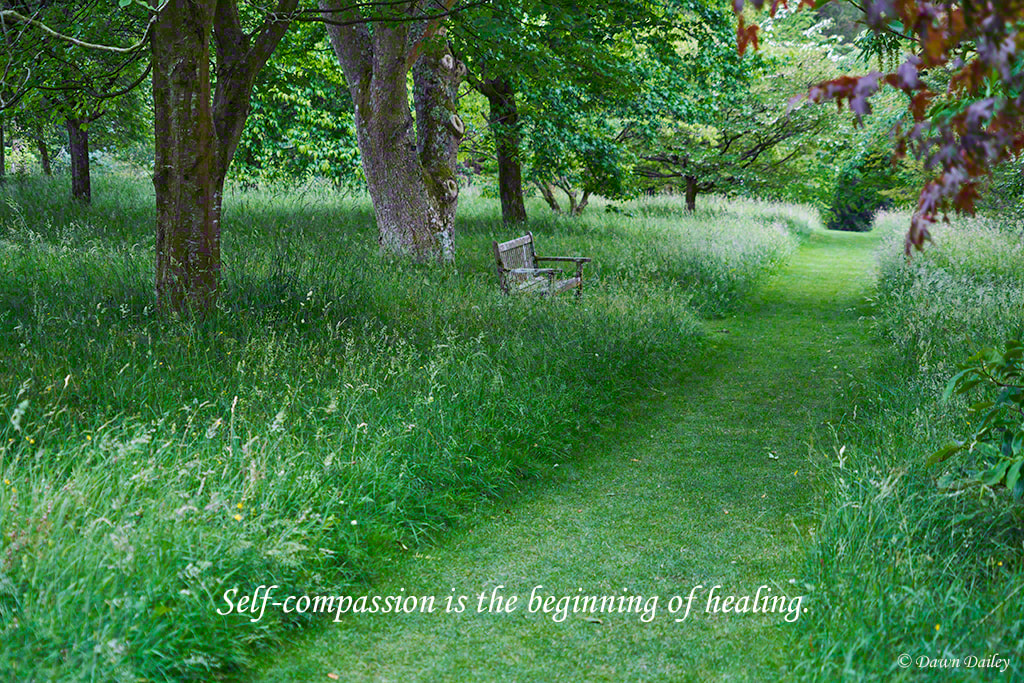
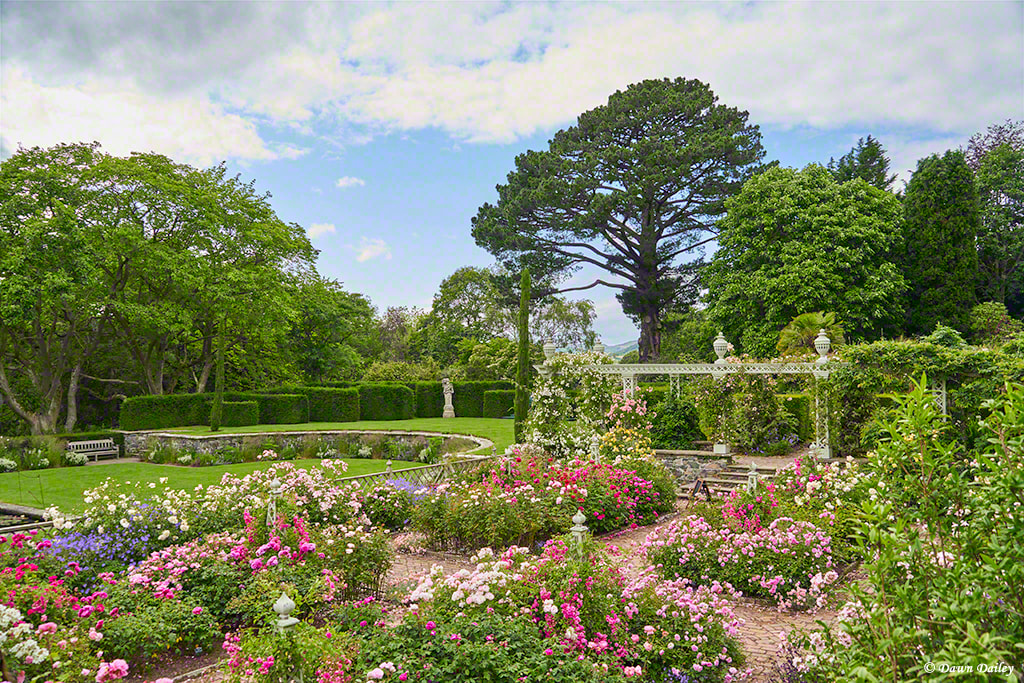
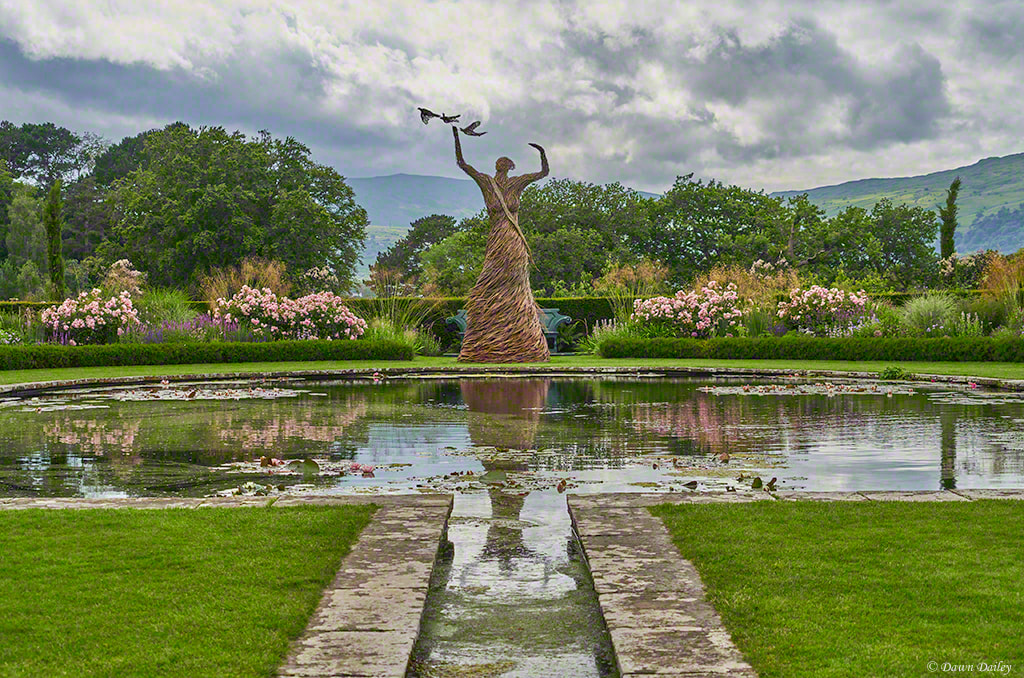
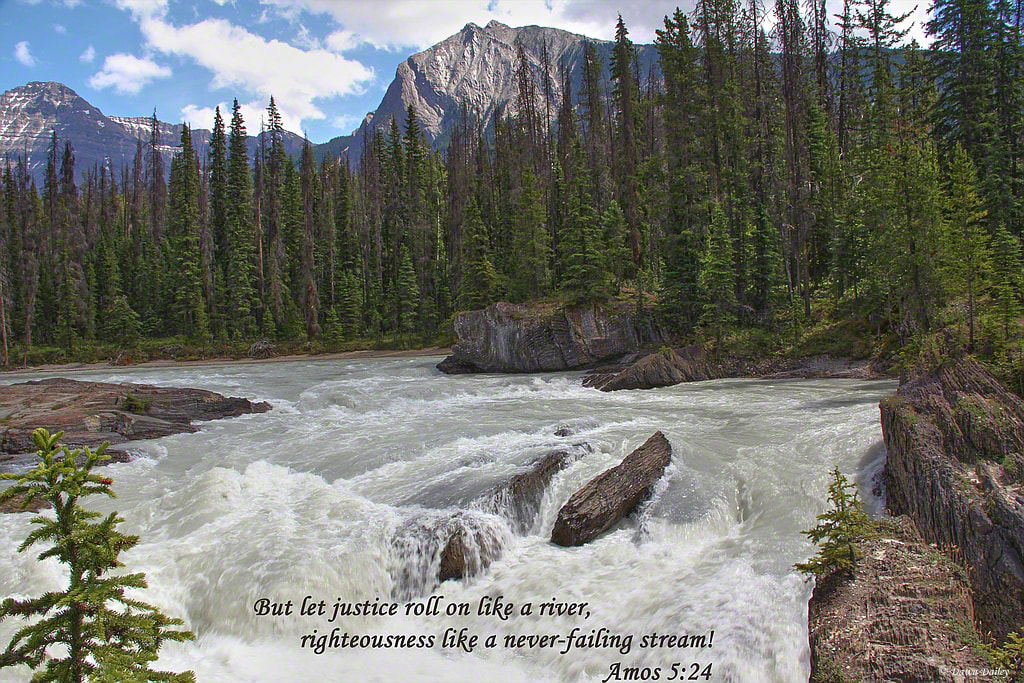
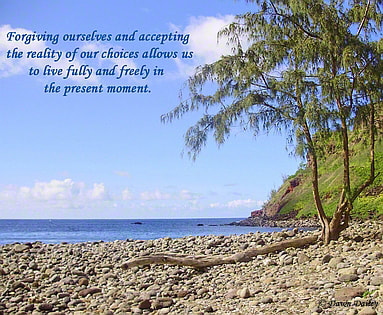
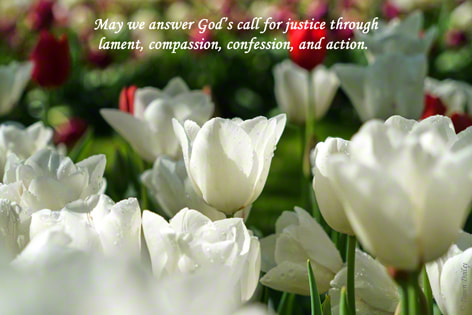
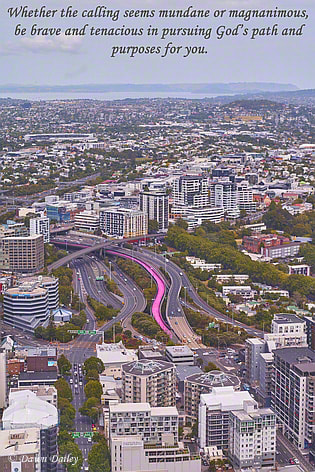
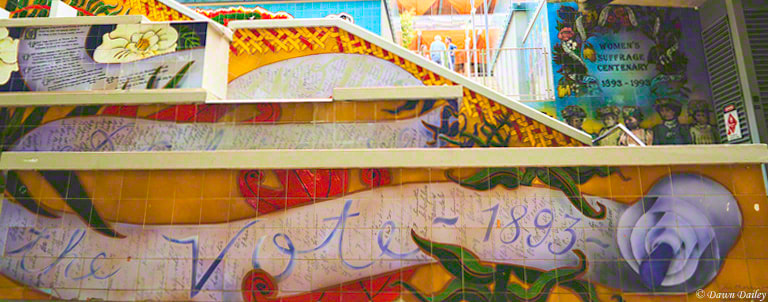

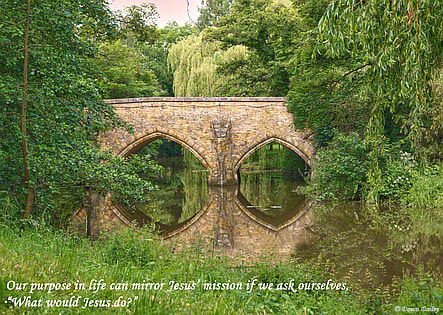
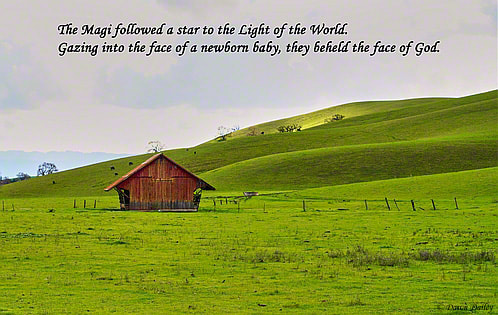
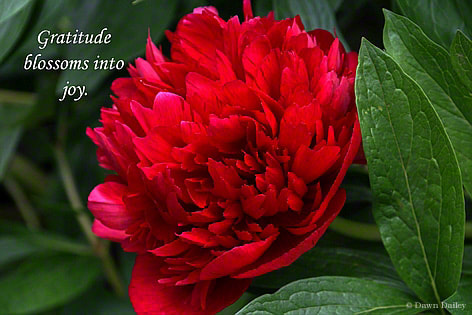
 RSS Feed
RSS Feed